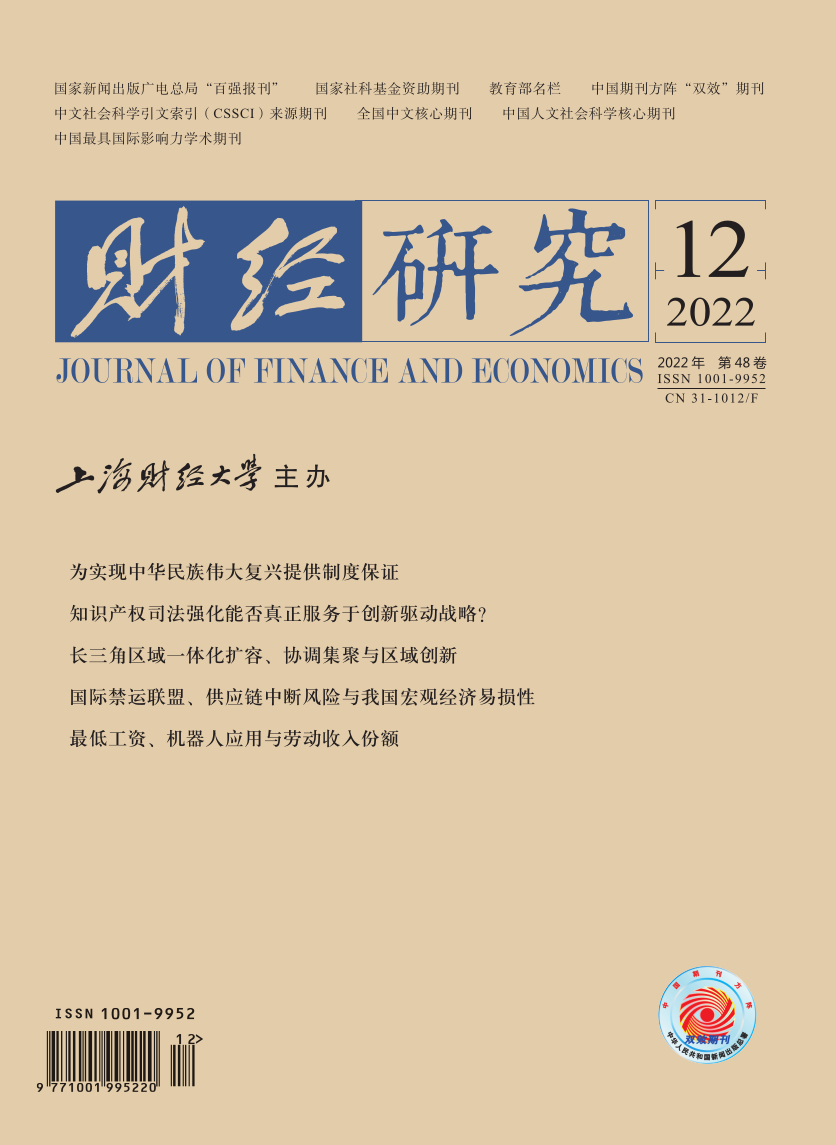In recent years, notable achievements have been made in the construction of the Communist Party of China (CPC) in private firms, but whether it plays a governance role remains to be explored. On the one hand, according to the
Based on the data of the Party organization activities of private listed companies, this paper examines the impact of Party organizations on the governance of private firms from the perspective of internal income gap. It is found that the greater the impact of Party organizations, the smaller the income gap within private firms. The mechanism analysis shows that the negative relationship between Party organizations and income gap is more pronounced when Party organizations in private firms have greater constraints on the management power, and the management pays more attention to Party organizations and is more politically sensitive. In addition, the reduction of income gap within private firms is mainly due to the improvement of ordinary employees’ salary, rather than the reduction of the management’s salary. The impact of Party organizations on income gap is also pronounced for firms taking part in aid-poor development projects and for Party organizations in private firms with provincial level honors.
This paper makes several important contributions: First, it enriches the research of Party organizations in private firms. Prior literature mainly studies the economic consequences of Party organizations in state-owned firms, while this paper focuses on the income gap within private firms. Second, it enriches the literature of political parties and corporate governance, which helps to understand the advantage of Party organizations in modern corporate governance with Chinese characteristics. Third, the conclusions of this paper have important policy implications on strengthening the construction of Party organizations in private firms, deepening the reform of income distribution system, and promoting social fairness, justice and common prosperity.





 4407
4407  4173
4173

